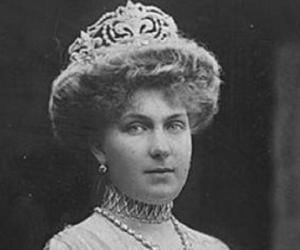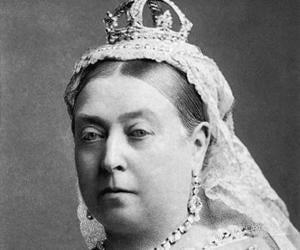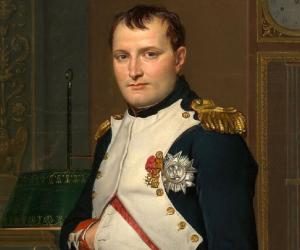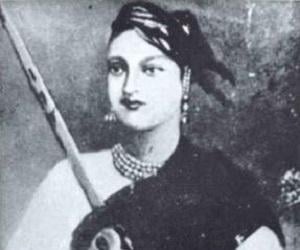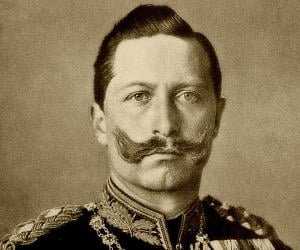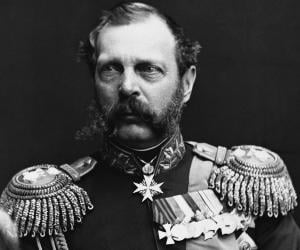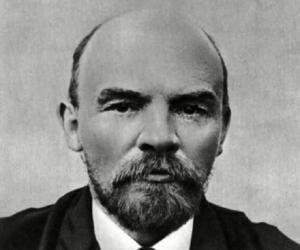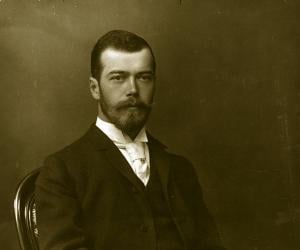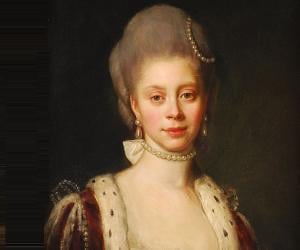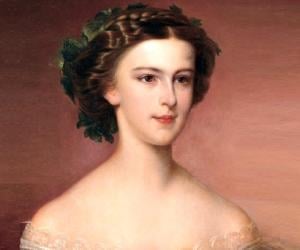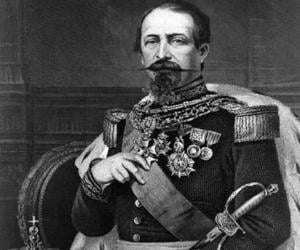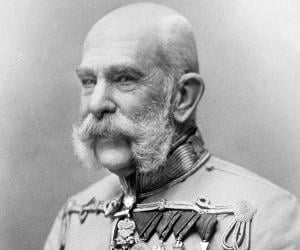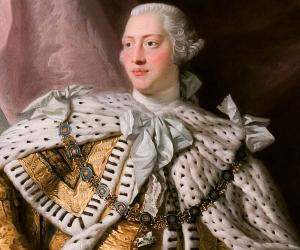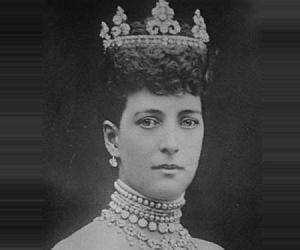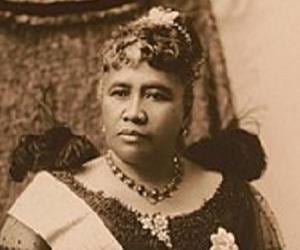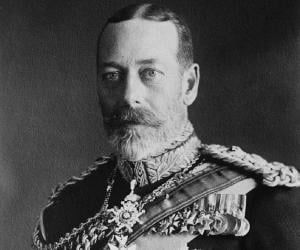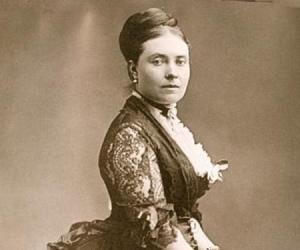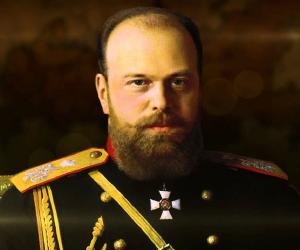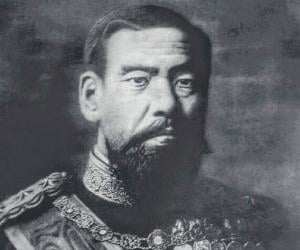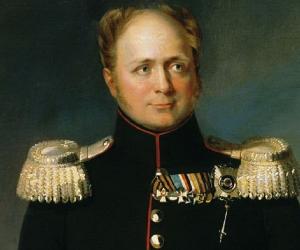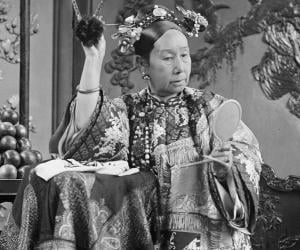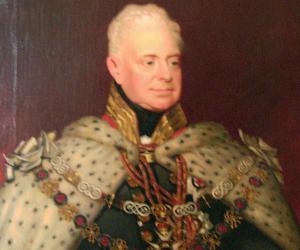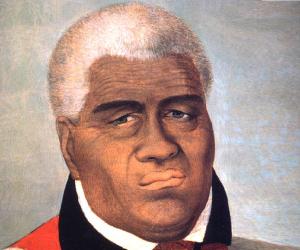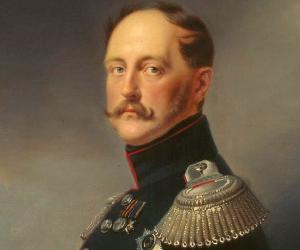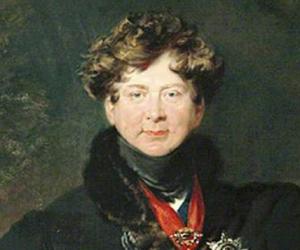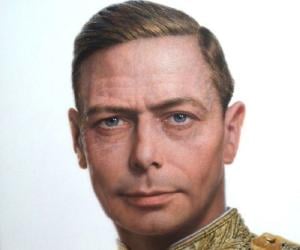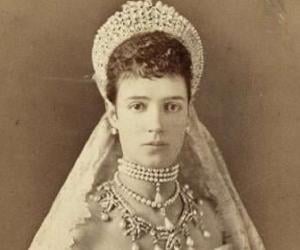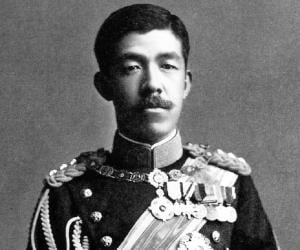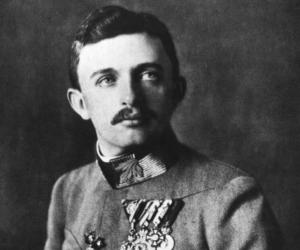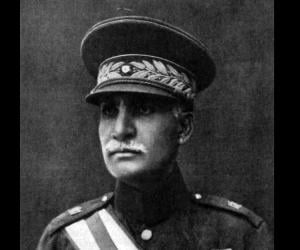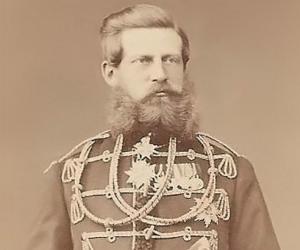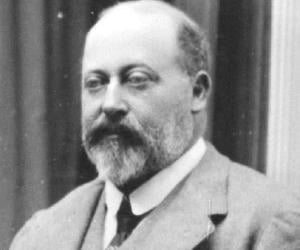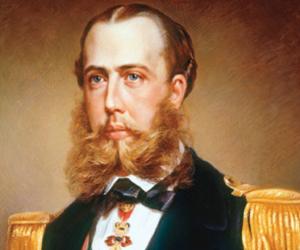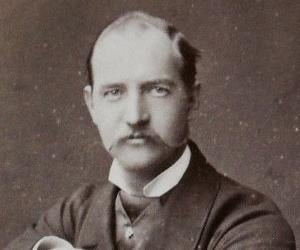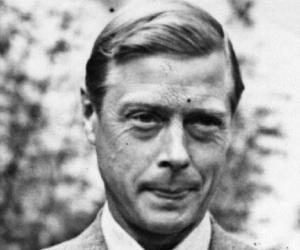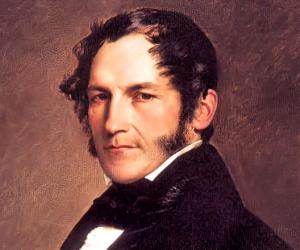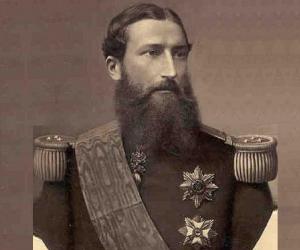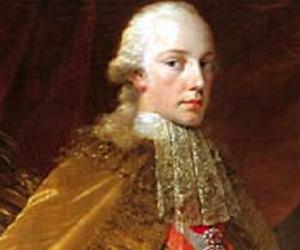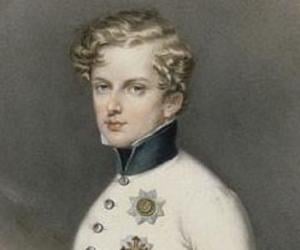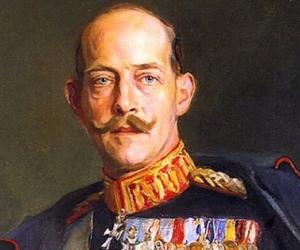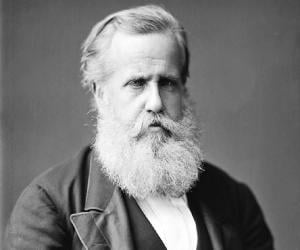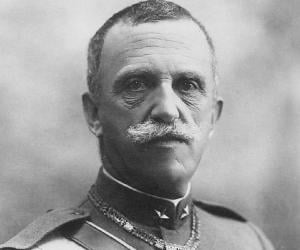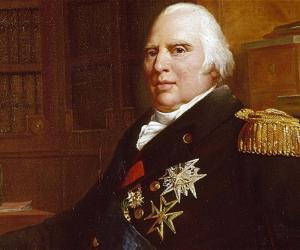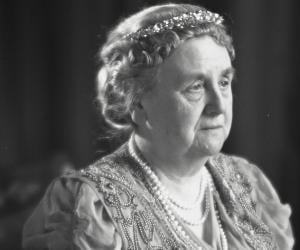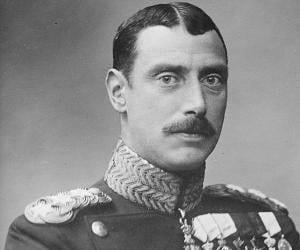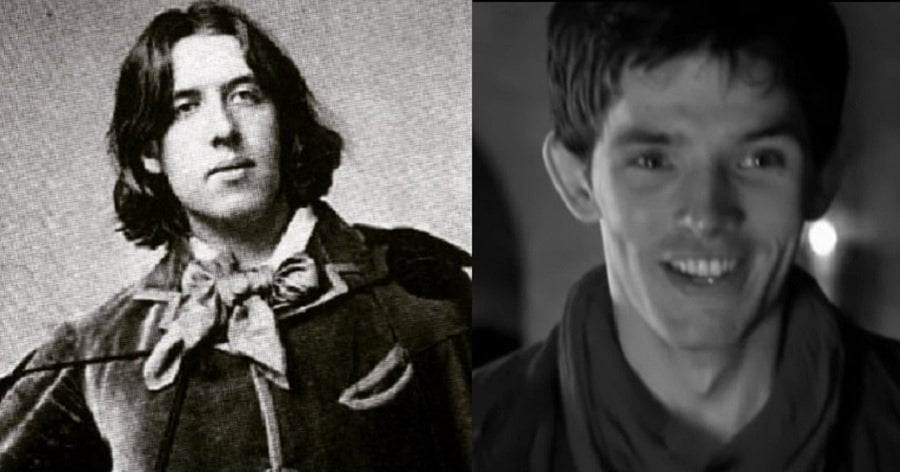The Queen of the United Kingdom of Great Britain and Ireland for over six decades, Queen Victoria reigned for longer than any of her predecessors. Her rule witnessed the vast expansion of the British Empire and ushered in a period of industrial, cultural, political, scientific, and military changes. Her Golden and Diamond Jubilees were celebrated with great pomp and show.
Remembered for her heroics against the British, the Indian Joan of Arc Rani Lakshmibai remains an icon of the 1857 Indian Rebellion. The wife of Maharaja Gangadhar Rao, she is known for leading the fight against the British after her husband’s death. She also inspired the legendary lines Khoob Ladi Mardani.
Wilhelm II reigned as the King of Prussia and German emperor from 1888 to 1918. He is credited with promoting scientific innovation and building a blue-water navy, which strengthened Germany’s position as a great power. However, he was also responsible for getting his country involved in World War I, which eventually brought an end to the Hohenzollern dynasty’s rule.
Alexander II of Russia was the Emperor of Russia, Grand Duke of Finland, and King of Poland from 1855 to 1881. He became known as Alexander the Liberator for his most significant reform, which was the Emancipation Reform of 1861. He is also credited with reorganizing the judicial system, abolishing corporal punishment, and imposing universal military service in Russia.
Vladimir Lenin played a key role in the history of Russian politics by developing a political ideology called Leninism. During and after his lifetime, Lenin had a massive influence over international communist movement. He is widely regarded as one of the most influential and significant personalities of the 20th century.
Nicholas II reigned as the last Emperor of All Russia from 1894 until his abdication in 1917. His reign oversaw a series of reforms in Russia. These reforms included the introduction of literacy programs, civil liberties, and methods to modernize the empire's infrastructure. However, these reforms were eventually undermined by Nicholas' love for autocratic rule.
Empress Elisabeth of Austria was Queen of Hungary and Empress of Austria from 1854 to 1898, making her the longest-reigning Austrian empress. Often visiting Hungary for its relaxed environment, Elisabeth developed a deep kinship with Hungary, which in turn helped her influence the rise of the dual monarchy of Austria–Hungary in 1867.
Franz Joseph I of Austria reigned as the Emperor of Austria from 1848 until his death in 1916. He also served as the King of Hungary, Bohemia, and Croatia and monarch of other states of Austria-Hungary. During his reign, Austria-Hungary decided to wage war against the Kingdom of Serbia, which eventually resulted in the First World War.
The King of the United Kingdom of Great Britain and Ireland for almost six decades, George III had a reign that was longer than those of any of his predecessors. His reign was marked by a series of military conflicts. He suffered from mental illness in his later years.
George V became the King of Great Britain and the British Dominions in 1910. During the World War I, he played an active role in supporting the troops. The rise of socialism, communism, fascism and the Indian independence movement was witnessed during his rule. His reign also saw the supremacy of the elected British House of Commons established by the Parliament.
Victoria, Princess Royal was the Queen of Prussia and German Empress from 9 March 1888 to 15 June 1888. Victoria, Princess Royal had an opportunity to influence the German Empire's policy, but the death of her husband German Emperor Frederick III, just 99 days after his accession, ruined her opportunity. Victoria has been portrayed in several movies and TV series.
Emperor Meiji of Japan presided over the all-round revolutionary transformation of his empire which emerged as a strong force on the global scene during his reign. His policies and actions led to Japan’s rapid growth and ended its isolation from the rest of the world. One of the noted changes during rule was the abolition of special privileges of samurais.
Alexander I was the emperor of Russia and the eldest son of Paul I. While he was initially a friend of Napoleon Bonaparte, he later joined hands with his opponents to defeat him. He was also part of the Congress of Vienna and later contributed to the formation of the Holy Alliance.
Empress Dowager Cixi was a Chinese regent and empress dowager. From 1861 to 1908, Cixi served as the de facto supreme ruler of the Qing dynasty. She is credited with overseeing a series of moderate reforms called the Tongzhi Restoration, which helped the regime survive for a long period of time. She also supported military and technological reforms.
Nicholas I of Russia reigned as Emperor of Russia, Grand Duke of Finland, and King of Poland from 1825 to 1855. Nicholas I is remembered for his controversial reign, under which the Russian Empire achieved great geographical expansion. He also played a key role in creating an independent Greek state and was successful in ending the Russo-Turkish War of 1828–1829.
Regarded as the first gentleman of England, King George IV of the United Kingdom saw his empire consolidating its position as the global hegemon, particularly after the Napoleonic Wars. His regency during the illness of his father and then his 10-year reign were marked by royal extravagance.
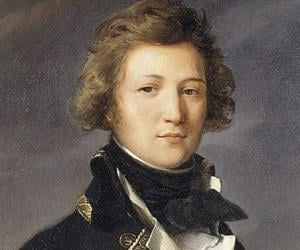
Louis-Philippe I of France reigned as the King of the French from 9 August 1830 to 24 February 1848. Although his rule was much loved at the beginning, his popularity suffered when the economic conditions in France declined in 1847. Subsequently, Louis Philippe I was forced to abdicate the throne when the French Revolution broke out in 1848.
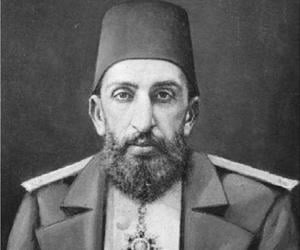
Maria Feodorovna was a Danish princess who married Emperor Alexander III and became Empress of Russia. She was the second daughter of King Christian IX of Denmark and Louise of Hesse-Kassel. She grew up to be a beautiful and charming woman. She was married to Alexander Alexandrovich, the son of Emperor Alexander II and his first wife Maria Alexandrovna.
Emperor Taishō was the 123rd Emperor of Japan. He was the son of Emperor Meiji and Yanagihara Naruko, a concubine. As the eldest living son of the emperor, he was formally named the crown prince in 1888. Upon the death of his father in 1912, he ascended the throne. A sickly man with disabilities, he died at 47.
Charles I of Austria reigned from 1916 to 1918 as the last emperor of Austria. He was the last king of Croatia, Bohemia, Hungary, and the last monarch from the House of Habsburg-Lorraine. Charles is remembered for making unsuccessful attempts to end Austria-Hungary's World War I campaign. He also tried to save the Austro-Hungarian Empire from disintegration but was unsuccessful.
Rezā Shāh was a military colonel who founded the Pahlavi dynasty and reigned as the Shah of Iran from December 1925 to September 1941. He was also the prime minister of Iran from October 1923 to November 1925. His tenure saw the introduction of many social, economic, and political reforms, and he is regarded as the founder of modern Iran.
Frederick III, German Emperor reigned as the king of Prussia and emperor of the German Empire from 9 March 1888 until his death on 15 June 1888. Although he played key roles during the Austro-Prussian, Second Schleswig, and Franco-Prussian wars, Frederick professed hatred for warfare and was willing to make the German Empire more liberal before his untimely death.
Edward VII, the King of the United Kingdom of Great Britain and Ireland and Emperor of India from 22 January 1901 until his death, is said to have played a role in the reorganisation of the British Army after the Second Boer War. His main interests lay in the fields of foreign affairs and naval and military matters.
George I of Greece reigned as the king of Greece from 1863 until his murder in 1913. During his reign of nearly 50 years, which is the longest in the history of modern Greece, George helped expand Greece's territory significantly. During his reign, Greece also became increasingly prosperous and attained a popular place on the European stage.
Edward VIII was King of the United Kingdom and the Dominions of the British Empire for several months in 1936. He was also Emperor of India during this period. He served in the British Army during the First World War and became the king following his father’s death. However, he abdicated the throne only months into his reign.
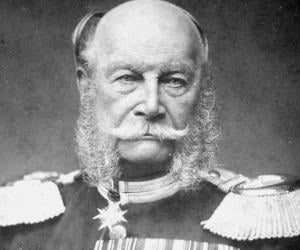
Leopold II of Belgium reigned over Belgium as its second king from 1865 to 1909. He also owned the Independent State of the Congo from 1885 to 1908. Congolese people were subjected to torture and murder under Leopold's administration; the term crimes against humanity was coined by George Washington Williams in 1890 to describe the atrocities of Leopold's administration.
Napoleon II was the son of Emperor Napoleon I and Empress Marie Louise. He was the titular Emperor of the French for a few weeks in 1815. He was just a small child when he became the disputed emperor following his father’s abdication. He died as a young man before getting the chance to serve his nation.
Pedro II, son of the first Brazilian emperor, Dom Pedro I, is also remembered by his countrymen as the Magnanimous. He made Brazil prosper while other South American nations were torn apart by strife and clashes. Following his deposition, by a coup to overthrow the monarchy, he sailed to Europe.
Louis XVIII of France was the king of France from 1814 to 1824, except for the duration of the “Hundred Days” in 1815. He was the son of Louis, Dauphin of France, and his wife Maria Josepha of Saxony. He ruled for slightly less than a decade. He was not popular as a king.
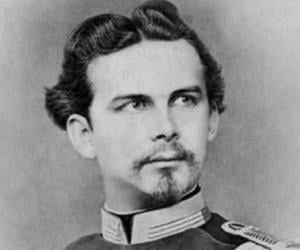
Ludwig II of Bavaria reigned as the King of Bavaria from 10 March 1864 until his death on 13 June 1886. He is best remembered for overseeing the construction of lavish palaces like Linderhof Palace, Neuschwanstein Castle, and Herrenchiemsee. This extravagance brought about his downfall as he was declared insane, which remains a subject of discussion.
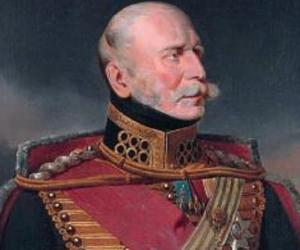
Wilhelmina of the Netherlands, the only child of the King William III and his second wife, Emma of Waldeck and Pyrmont, became queen at age 10. While she remained neutral during World War I, she went into exile to England during World War II. Her autobiography revealed her religious devotion.
